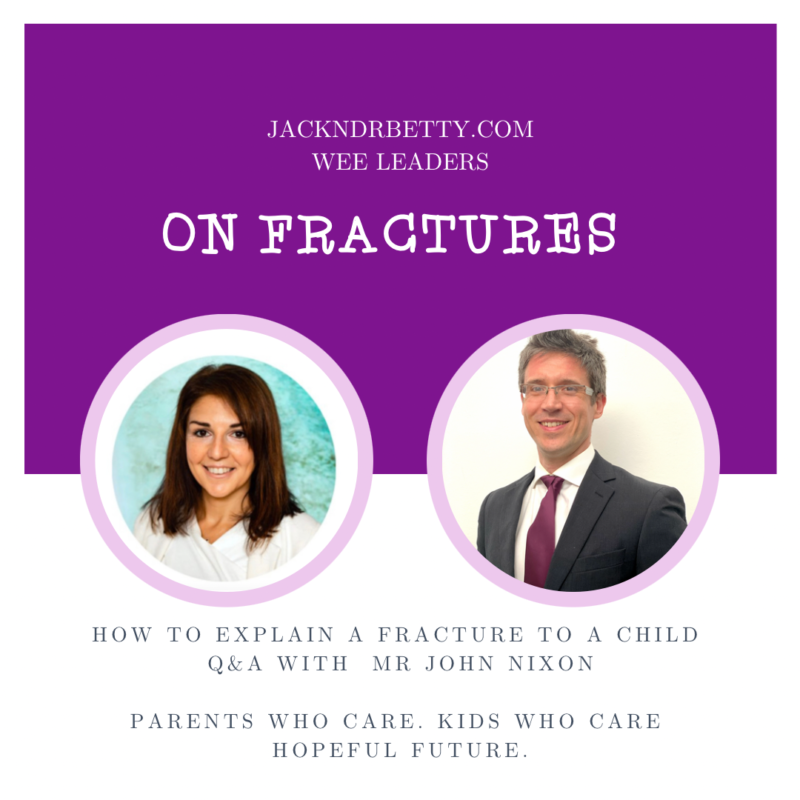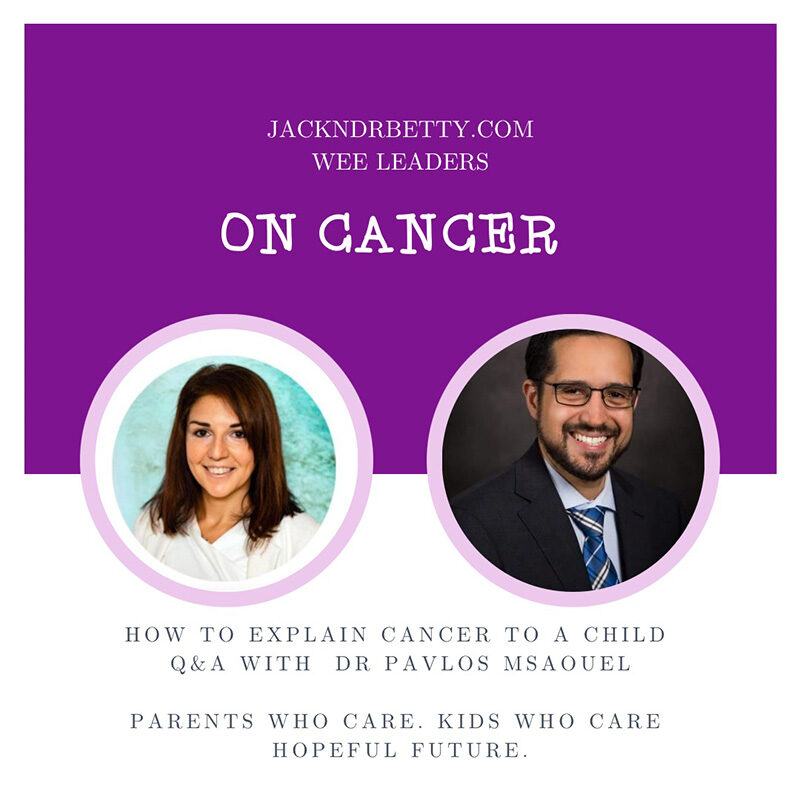
A Q&A with Philippa Wiseman, mom, disabled activist, and researcher in disability studies at University of Glasgow.
JackNDrBetty Blog meets with our friend Philippa Wiseman in a Q&A on how we can talk to children about disability and equality.
Q: You are a mum of two and a researcher! Can you tell us a bit more about you and your research?
Thanks so much for having me here on your blog. I suppose the lines between my own identity and my work life are quite blurred. I am a disabled woman and mother, a disabled activist, feminist, and researcher in disability studies at the University of Glasgow. My research focuses, primarily, on two key areas which is:
- Disabled women, gender inequality, access to toilets and reproductive wellbeing.
- How the multiple inequalities experienced by people with learning disabilities shape their health, wellbeing and everyday lives. I focus mostly on violence and health inequality.
I work in the sociology subject are at the University of Glasgow, and I am an affiliate researcher with the Scottish Learning Disabilities Observatory (sldo.ac.uk). Very basically, I look at how the social inequalities that people with learning disabilities experience, affect their health outcomes. So, for example, looking at how exclusion, discrimination, bullying and violence mean that people with learning disabilities are more likely to have poorer health in Scotland. Unfortunately, there is a very long (social) history of harm and discrimination when it comes to people with learning disabilities and despite changes to policy and the introduction of rights legislation, people with learning disabilities are still very very badly treated in almost all areas of their lives.
Q: What can we do as parents to help raise kids who respect diversity and are kind to disabled people?
I think parents can always start by looking at their own attitudes, prejudices, and behaviours. How do you talk about disability? Do you support your children to understand that there are lots of different ways to be in, and experience the world? Not everyone is able bodied, or white, or neurotypical, or speaks English. Our bodies are all different. Research that I have done with people with learning disabilities, and lots of other research, has shown that people with learning disabilities are subject to bullying in schools. All parents can help their children to be allies to disabled children by facilitating conversations around disability, rights, and equality. People, and children, with learning disabilities can find it very hard to make friendships because they are socially isolated, or they are excluded by others. Helping our children to be inclusive can help break some of these barriers. Making sure our children use inclusive language, and making sure we don’t use discriminatory language ourselves, is an important way that we can help our children to be respectful and inclusive.
This is because disabled people, and people with learning disabilities have often been removed from or left out of communities. We can all do a lot more to make our communities more friendly and welcoming to disabled people and people with learning disabilities. Importantly, television programmes for very young children have become much more inclusive; shows like ‘Mr Tumble’ or ‘Biggleton’ do well to show diversity and this helps young children to see lots of different kids.
We can also, as parents, remind our schools to be more inclusive through paying attention to ‘Disability History Month’ or using learning resources that are representative and diverse.

Q: What are the 3 most important things we should change as a society to be more inclusive and support all who require our support?
There so many things we can do but here are 3 important ones:
- Respect the rights of disabled people and other marginalised groups. If you think a company, school, building, person is not being inclusive then speak out and help your children to do the same.
- Educate yourself about disablism and then help your children to understand what disablism is too, then your children can grow up being allies to disabled people.
- Fight for structural change; vote for inclusive policies that support marginalised groups to achieve social equality.
There are lots of great books that help children to understand equality, there’s a good list here: https://thegec.org/books-about-diversity-of-ability-neurodiversity-and-disability
Q: What are the 3 things we can start doing now?
- Remember that disabled people are diverse, successful, creative, and valuable. Most of the barriers disabled people face to equality are not ones imposed by their impairments but by societies that exclude them.
- Vote for inclusive policies and governments that seek to implement and achieve equality for disabled people and other marginalised groups.
- Talk to your children and help them to understand the impacts of discrimination and inequality, encourage them to ask questions.
The other day, I was in a shop and using my scooter. I heard a little boy, about the same age as my son, asking his mum about my scooter; he said ‘why does she need that, what is it?’. His mum didn’t seem sure what to say and she seemed embarrassed that he had asked. So, I explained that I used a scooter to help me to get around, and I showed him the controls and how it worked. The kid said ‘that’s cool, thanks’.
Q: What are the 3 things we should stop doing now?
- You can stop using language that invalidates disabled people and people with learning disabilities; words like spaz, moron, retard, and handicap are offensive and they devalue disabled people. Use inclusive language and support your children to do the same.
- Don’t stare; it is easy for adults not to stare at disabled people or people with learning disabilities. Staring is not always easy for kids to stop, but if you see your kids staring at people who are ‘different’ you can explain to them that it might make people feel bad. Instead, ask them if they have any questions and help them to understand.
- Stop being ambivalent about issues of equality and discrimination. Educate yourself, and your children, about racism, misogyny, poverty, disablism and gender equality.
Q: What are the kinds of barriers people with learning disabilities face? Are any of these preventable and how?
People with learning disabilities face barriers to education, health, employment, accessible housing, equal justice and social inclusive. People with learning disabilities face multiple inequalities in most aspects of their lives. Mostly, this is due to social attitudes that exclude people with learning disabilities. This can be due to harmful stereotypes that portray people with learning disabilities as stupid, or less important and valuable as everyone else. In the UK, we have long histories of removing people with learning disabilities from our communities and placing them in asylums, long-stay hospitals, care homes and segregated living and education and this has had long-lasting impacts.
These barriers are preventable on a structural level by making sure that health, education, employment, and communities and inclusive. The research done at the Scottish Learning Disabilities Observatory has shown that the poor health outcomes of people with learning disabilities can be prevented by challenging exclusion and discrimination in health systems and making sure they have good and equal access to healthcare.
We can also make sure that we challenge inequality and disablism by educating ourselves and our children to be allies, and supporters of inclusion and equality.
Click here to buy online and download the book “Dare to Dream Big”
Ioanna Nixon, Consultant Oncologist, executive Coach, and author.
Dr Ioanna Nixon is a senior oncologist in Glasgow, UK. She specialises in sarcomas and her research focuses on novel cancer therapies, quality of life and clinical innovations. She has led the Scottish Sarcoma Network since 2015 till early 2022and is the Cancer Innovation Lead for the West of Scotland. She is an honorary clinical senior lecturer at Glasgow University and an academic at Strathclyde Business School, researching on health policy and leadership. She is also an executive coach, specialising on resilience, leadership, and wellness.






No comment yet, add your voice below!